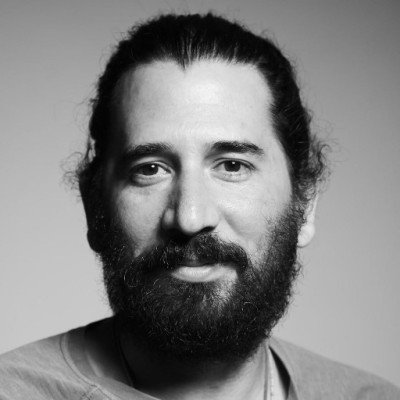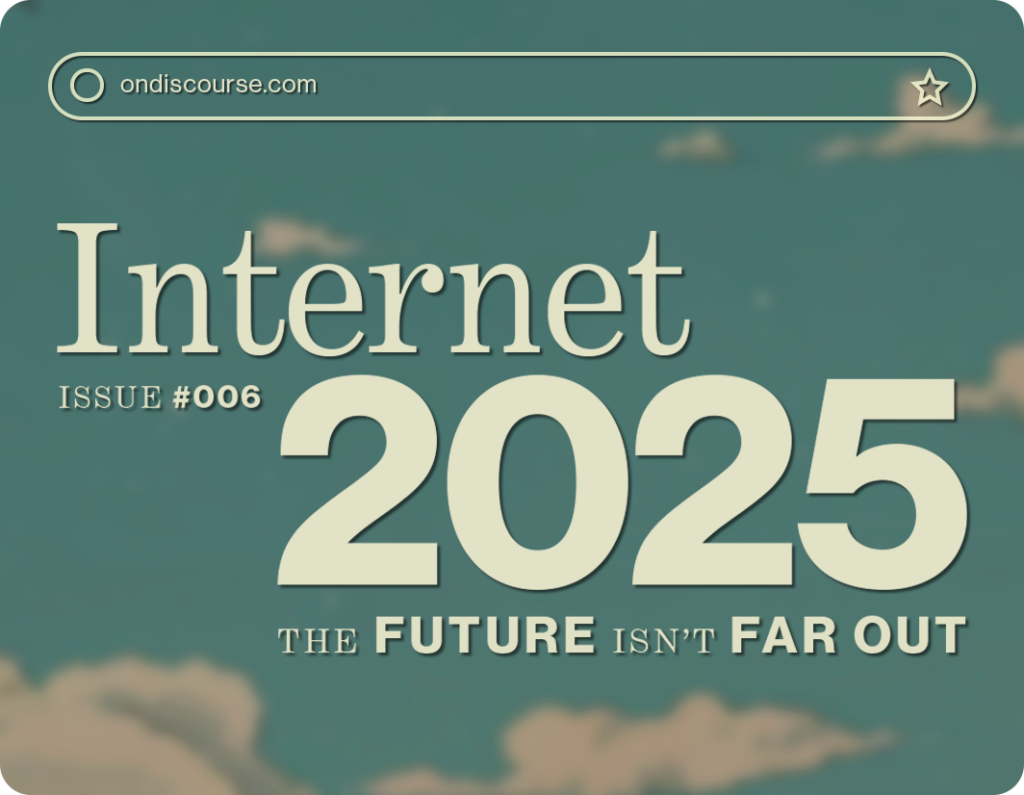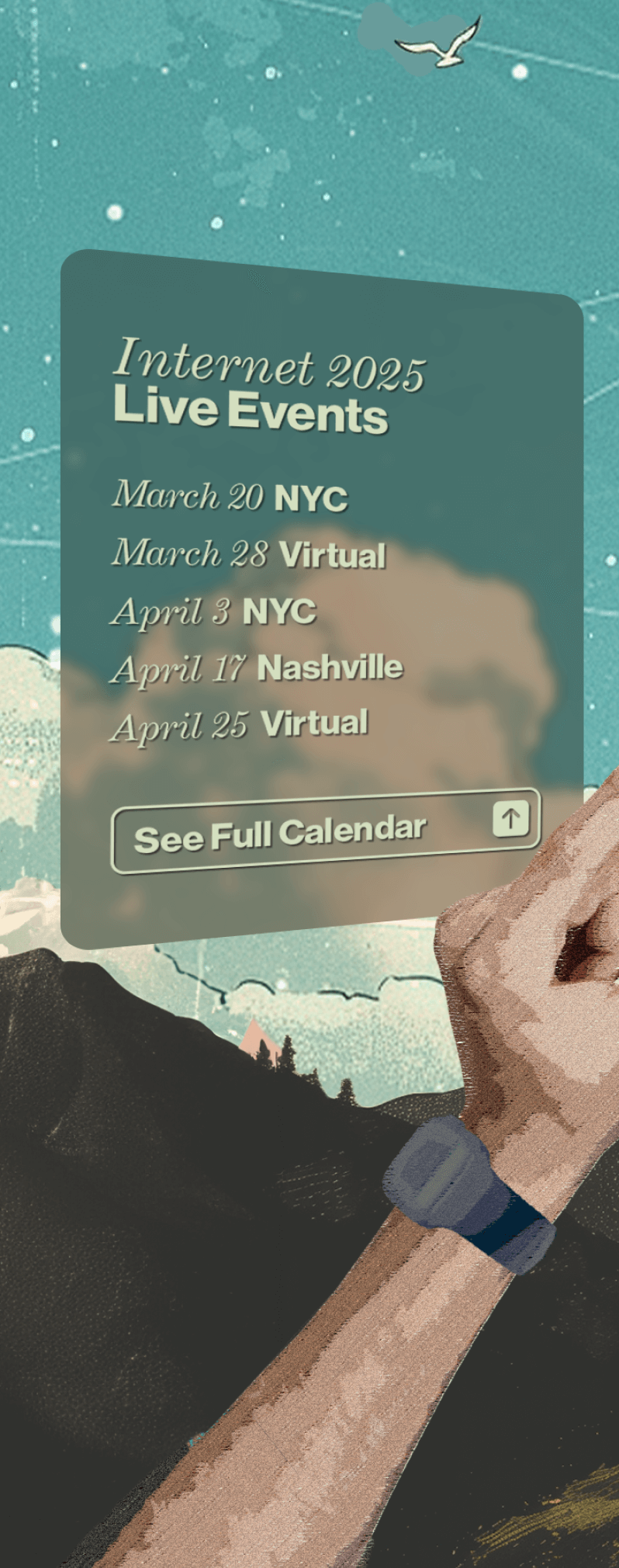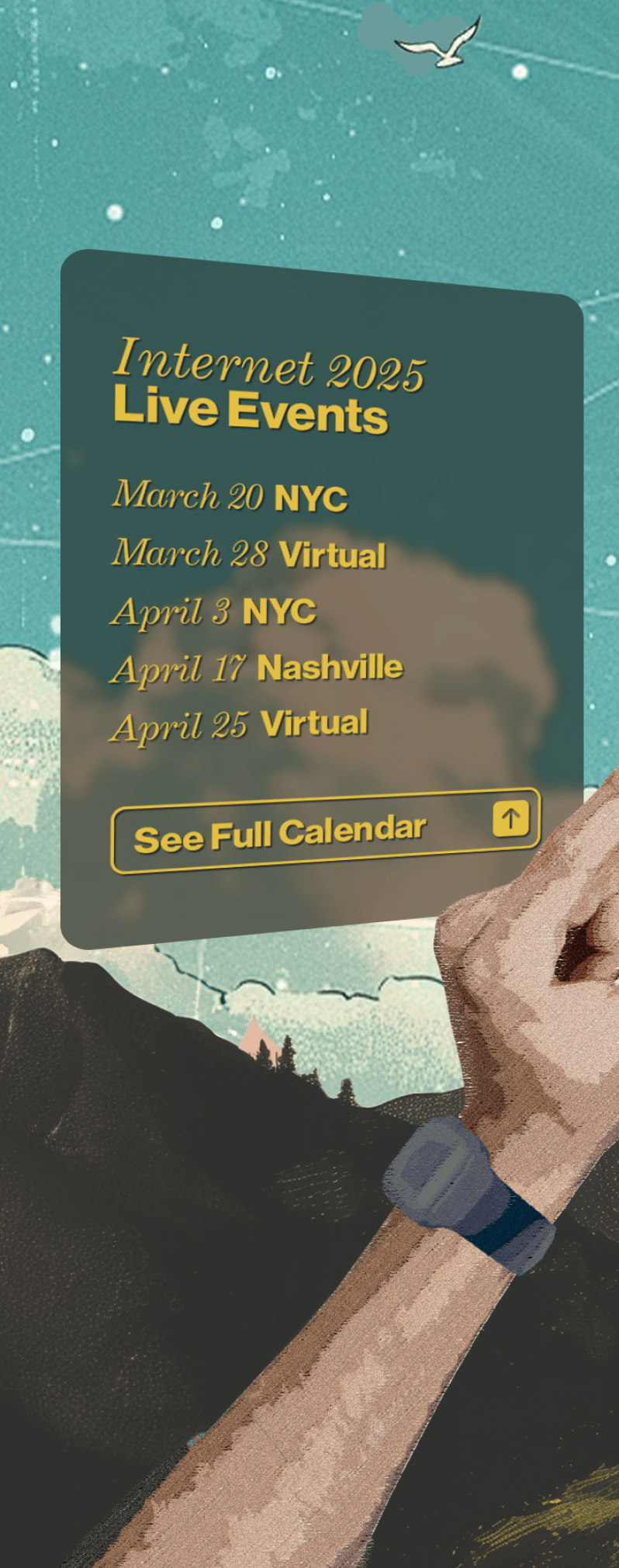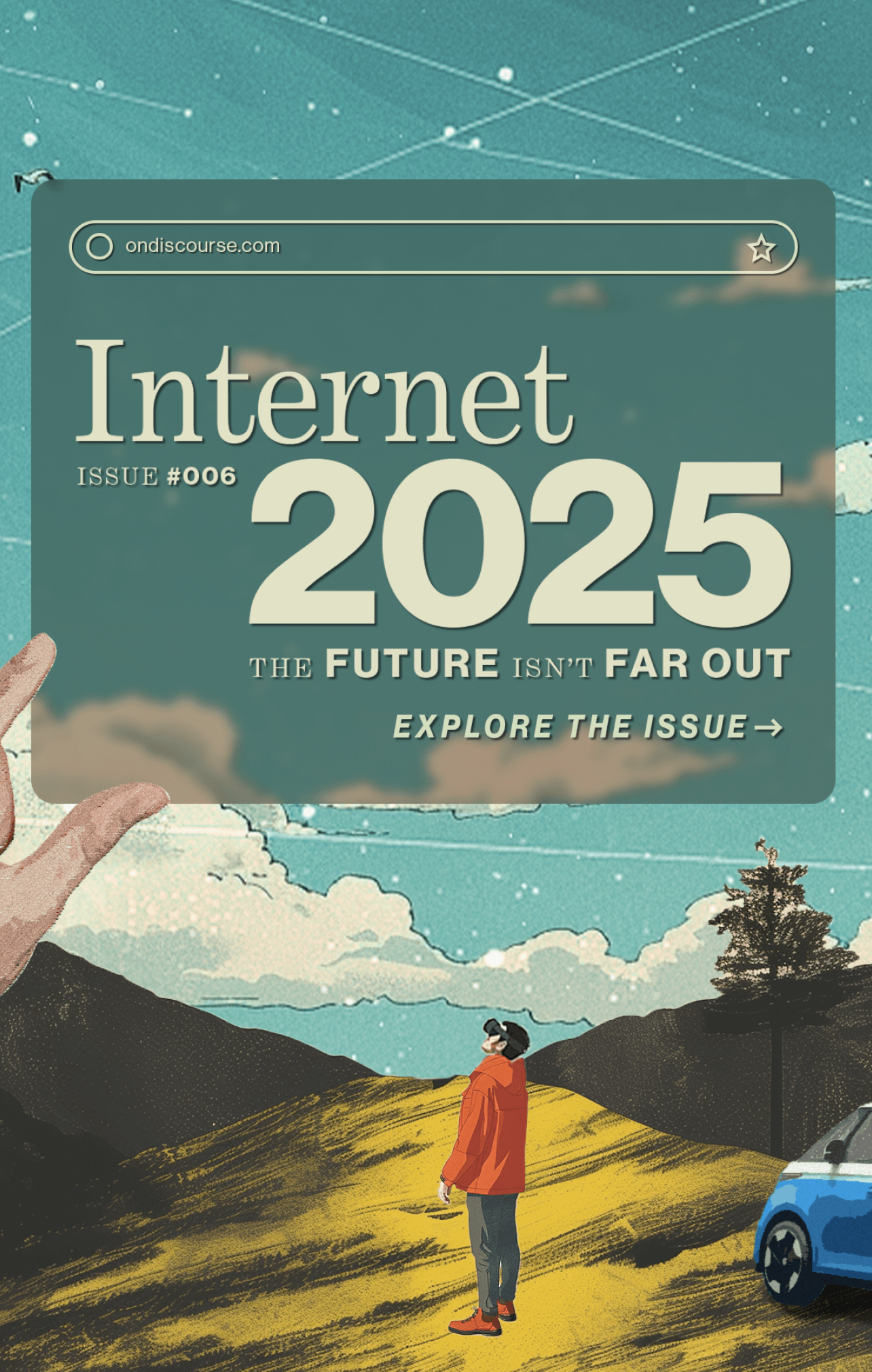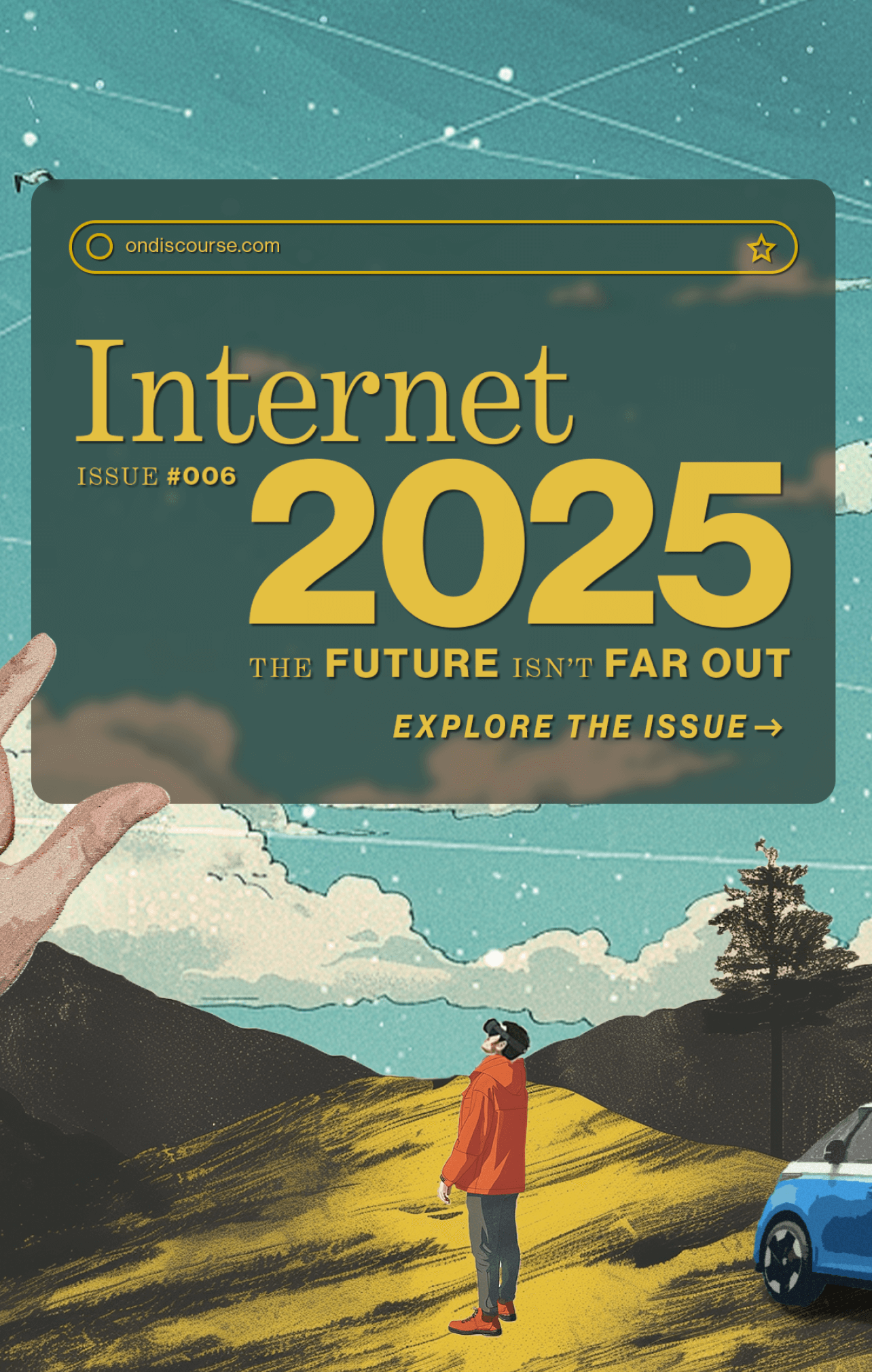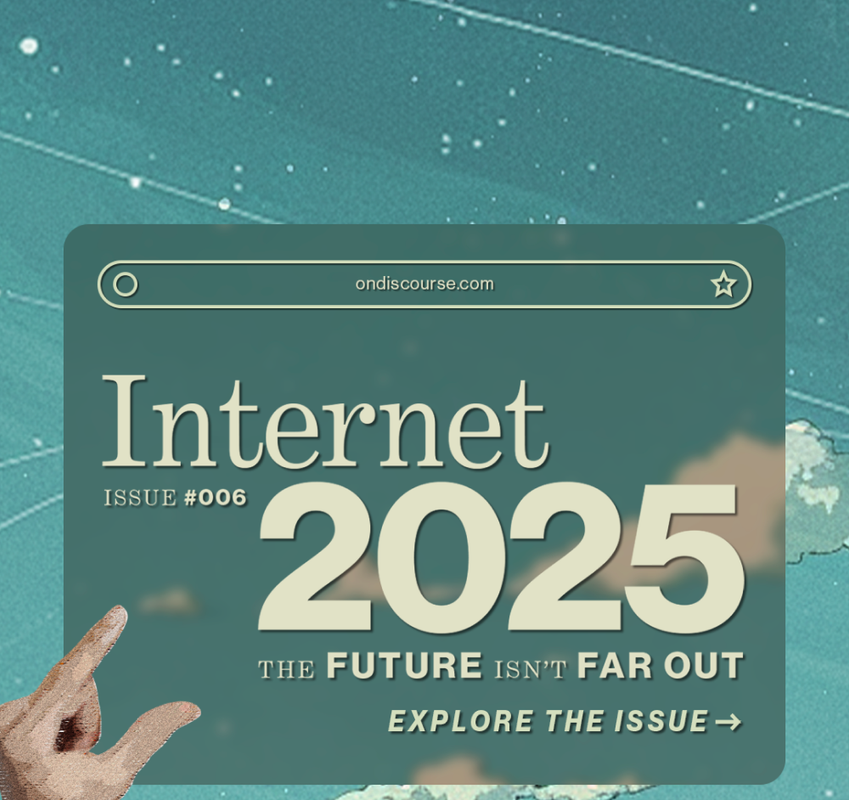Editor’s note: Internet 2025 became the perfect context for our Co-Founder to unveil a list of internet terminology he has been keeping in secret for many years. He has been quietly adding to this document since a conversation about Webmasters dragged on in the year 2007. We expect to add more items as we continue with this issue. Let us know if we are missing anything by writing here.

Endangered

Hall
of
Fame
- NFTs
- Metaverse
- Cookies
- Hashtags
- Hamburger menu
- Digital Transformation
- Digital-First
- Crypto
- Web3
- Decentralized
- ONChain
- Newsletter
- podcasts
- LOL

Resurrected

Should
be
Extinct
- Webinars(??)
- Dry Powder (referring to VC liquid capital to be deployed)
- Human Capital
- Digital
